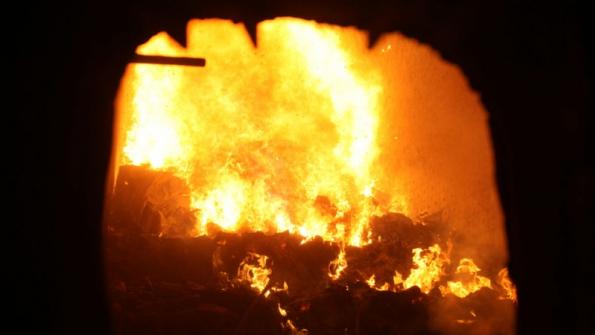Incinerators are an important part of the waste disposal process, providing a method for safely and efficiently disposing of various types of waste. However, the operation of incinerators can also present environmental and health risks if not properly regulated. To ensure safe and efficient waste disposal, it is crucial to implement and enforce regulations that govern the operation of incinerators.
One of the main concerns with incinerators is the emissions that they produce. Incineration releases pollutants such as dioxins, particulate matter, and heavy metals into the atmosphere, which can have harmful effects on both human health and the environment. To mitigate these risks, regulations can set strict limits on the amount and type of emissions that incinerators are allowed to release. Additionally, the use of advanced air pollution control technologies, such as baghouse filters and scrubbers, can help to further minimize emissions.
In addition to air emissions, incinerators also generate ash as part of the waste disposal process. This ash can contain hazardous materials and must be properly managed to prevent the release of toxins into the environment. Regulations can require incinerator operators to handle and dispose of ash in a responsible manner, such as by encapsulating it in a solidifying agent to prevent leaching or by sending it to a hazardous waste landfill.
Furthermore, regulations can also address the types of waste that incinerators are permitted to handle. Certain types of waste, such as medical or hazardous waste, require specialized handling and treatment to ensure that they are safely and effectively disposed of. By restricting the types of waste that can be processed in incinerators and setting requirements for the pre-treatment of waste, regulations can help to prevent the release of harmful substances into the environment.
In addition to environmental concerns, regulations can also address the health and safety of workers at incinerator facilities. Occupational safety standards can be put in place to minimize the risk of exposure to hazardous materials and ensure that workers are properly trained and equipped to handle waste and operate incineration equipment safely.
Overall, the regulation of incinerators is essential for ensuring that waste is disposed of in a safe and responsible manner. By setting limits on emissions, managing ash disposal, controlling the types of waste that can be processed, and safeguarding the health and safety of workers, regulations can help to minimize the environmental and health risks associated with incineration. It is important for regulatory authorities to work closely with incinerator operators to ensure compliance with these regulations and to regularly monitor and enforce them to protect communities and the environment from the potential harms of incineration.



